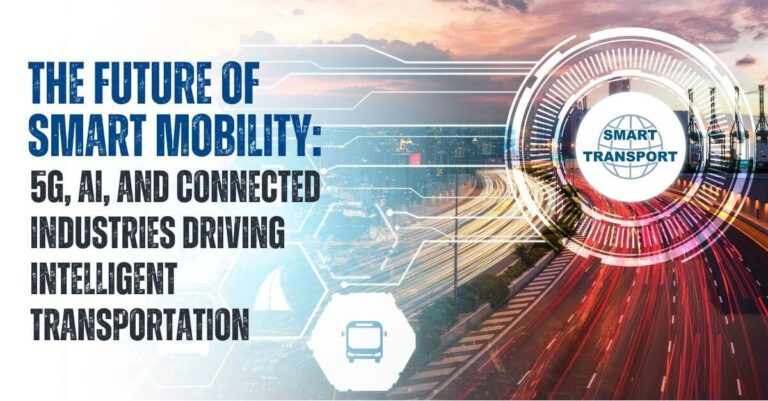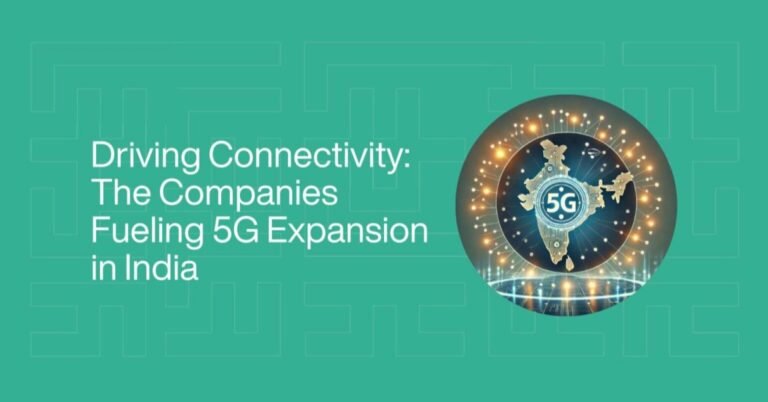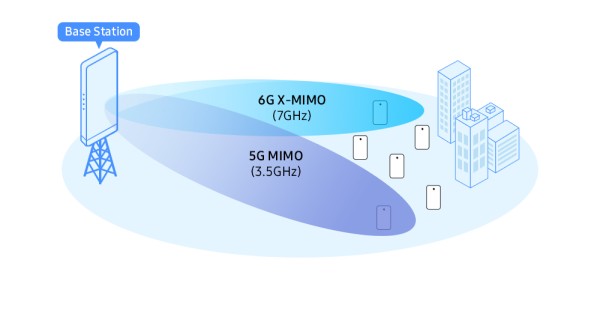Best Practices in Disconnecting Legacy Mobile Networks: Accelerating 5G Deployment in Latin America
With the rapid expansion of mobile technologies, from 2G to 5G, the coexistence of multiple generations of mobile networks has created operational inefficiencies and added costs for mobile operators. In Latin America, the strategic shutdown of legacy networks like 2G (GSM) and 3G (UMTS-HSPA / CDMA 1x EVDO) offers a transformative opportunity for telecom providers to streamline operations, reduce costs, and optimize spectrum for more advanced networks such as 4G LTE and 5G.
The Importance of Phasing Out 2G and 3G for 5G Advancement
Older networks, particularly 2G and 3G, use up valuable spectrum that could be reallocated to meet the growing demands of data-centric networks. For instance, 5G networks require higher spectral efficiency and lower latency, something that legacy networks cannot provide. By phasing out 2G and 3G, operators can refocus resources and bandwidth on 5G, facilitating faster connections, more reliable service, and greater coverage, especially in underserved or rural areas.
Benefits of Reallocating Spectrum from Legacy Networks to 5G
- Cost Reduction: Maintaining multiple network technologies leads to operational redundancies. Shutting down legacy networks reduces power consumption, maintenance costs, and labor requirements.
- Enhanced Spectrum Utilization: Legacy networks occupy spectrum that can be refarmed for more advanced networks. Reallocating spectrum from 2G or 3G to 4G and 5G networks allows operators to improve service quality and meet rising data demands.
- Environmental Impact: The efficiency of 5G technology over older networks also contributes to environmental sustainability, as fewer resources are required to maintain and operate a single, high-capacity network.
Managing the Transition: Challenges in Shutting Down 2G and 3G
While the benefits of disconnecting legacy networks are clear, the process requires careful planning and communication. Operators need to manage the transition for customers who still rely on older networks, such as those using 2G for basic voice services or 3G for limited data services. Additionally, certain IoT applications may still be tied to older networks, requiring stakeholders to collaborate on technology upgrades.
Actionable Steps for Disconnecting Legacy Networks in Latin America
- Conduct a Network Audit: Assess the current usage and dependencies on 2G and 3G networks. Identifying legacy devices and services will help plan for migration strategies.
- Engage Stakeholders: Collaborate with industries, including IoT service providers and public utilities, to ensure a smooth transition. Clear communication with customers regarding the shutdown timelines and available alternatives is crucial.
- Reallocate Spectrum: Plan for refarming the spectrum from phased-out networks to 4G and 5G, prioritizing regions and applications that will benefit most from enhanced connectivity.
- Coordinate with Regulators: Work with regulatory authorities to establish timelines and guidelines for network shutdowns and spectrum reallocation to ensure compliance and smooth transitions.
Building a 5G Future in Latin America by Phasing Out Legacy Networks
As Latin America’s demand for high-speed mobile broadband grows, the move to phase out legacy networks represents a critical step forward. This transition aligns with the region’s broader goals to reduce the digital divide and drive economic growth through enhanced connectivity. With strategic planning and collaboration, Latin America can maximize its network resources and create a robust foundation for the 5G era.
For more details on best practices and actionable insights for disconnecting legacy networks, download the full report by 5G Americas: Best Practices in Disconnecting Legacy Mobile Networks.



























